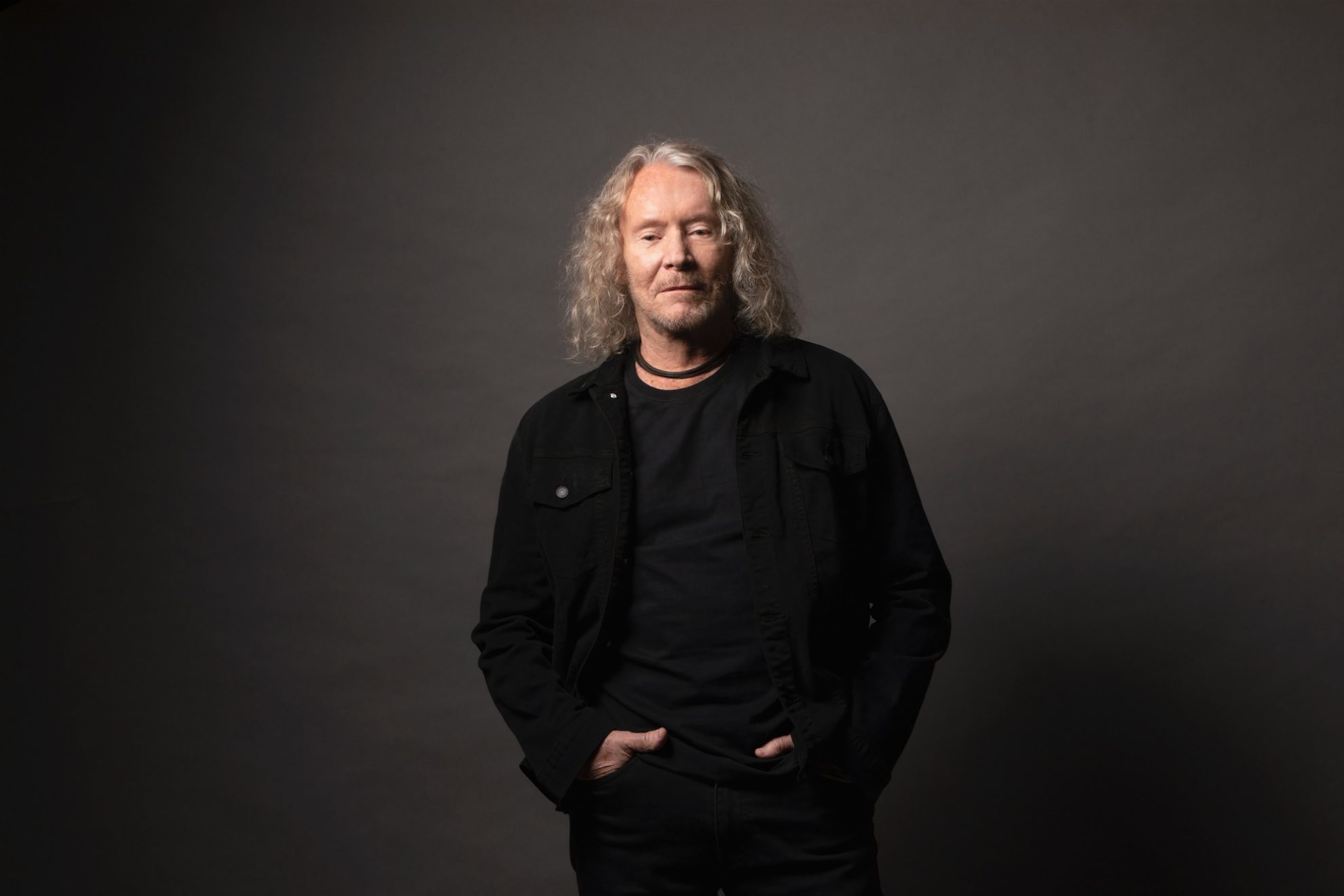From samba & bossa to psychedelic MPB & beach boogie, Marcos Valle is one the most important composers, arrangers, writers and performers in Brazil’s history. There are not many artists in any era in recorded music history that can boast a career as stylistically varied as Marcos’ – let alone the fact he has maintained quality consistent throughout a storied six decade career. The renaissance man of Brazilian pop has worked with Leon Ware, Sarah Vaughan, and Chicago; seen his music sampled by Jay Z, Kanye West, Childish Gambino, Madlib, and Kaytranada; had his songs recorded by the likes of Frank Sinatra, Bebel Gilberto – even Emma Bunton of The Spice Girls once took on his classic ‘Os Grilos (The Crickets Sing For Anamaria)’.
One of the second-wave of early bossa nova composers, following in the footsteps of João Gilberto and Antonio Carlos Jobim, Valle rose to prominence in the early 60s following the release of his now world famous bossa nova standard ‘Samba de Verao (Summer Samba)’. Written with his brother and long-standing songwriting partner Paulo-Sergio as a tribute to the joys of life as a Rio surfer, it’s up there with ‘The Girl From Ipanema’ as one of the most universally recognisable Brazilian songs. Seeking reinvention in the 1970s after the bossa nova sensation had died down, Marcos developed a more refined, jazzier, and more psychedelic MPB sound which characterized a string of his finest and most sought after albums: Marcos Valle (1970), Garra (1971), Vento Sul (1972), and Previsao Do Tempo (1974). In the midst of these masterpieces he was writing and recording music for film and television (including Brazilian Sesame Street!): it was through this line of work he met the trio who would go on to be known as Azymuth, naming themselves after one of Valle’s songs from the soundtrack to O Fabuloso Fittipaldi (1973).
As the 70s drew to a close Marcos started a hugely successful partnership with the renowned US producer and singer-songwriter Leon Ware, together they wrote a string of US soul cult classics like ‘Rocking You Eternally’ and ‘Baby Don’t Stop Me’. Marcos would go on to record his own Brazilianised versions on Vontade De Rever Você (1981). Ware would then join forces once again with Marcos a couple of years later for what is one of his most enduring hits (partly thanks to today’s Youtube & Spotify algorithms!), the workout-boogie monster ‘Estrelar’.
Moving into the 90s, Valle became somewhat disenfranchised with the Brazilian music market and stepped away to focus again on composing for film & TV. But over in the UK and Europe a newfound cult status was brewing thanks to flourishing music subcultures like acid-jazz, jazz-dance, and rare groove, along with crate-digger culture that unified these inter-connected scenes. After meeting Far Out Recordings’ Joe Davis at London’s Jazz Cafe while on tour in 1995, the pair hit it off and started what became a near 25 year (and counting) partnership, beginning with the release of Nova Bossa Nova in 1998.
Celebrating his 80th Birthday year, Marcos Valle returns to Europe in 2023. This will coincide with a celebratory 20th anniversary reissue of his long out-of -print 2003 modern classic Contrasts, home to the aptly titled ‘Parabens’, which translating directly as “Congratulations” is what Brazilins say to wish someone a happy birthday.

